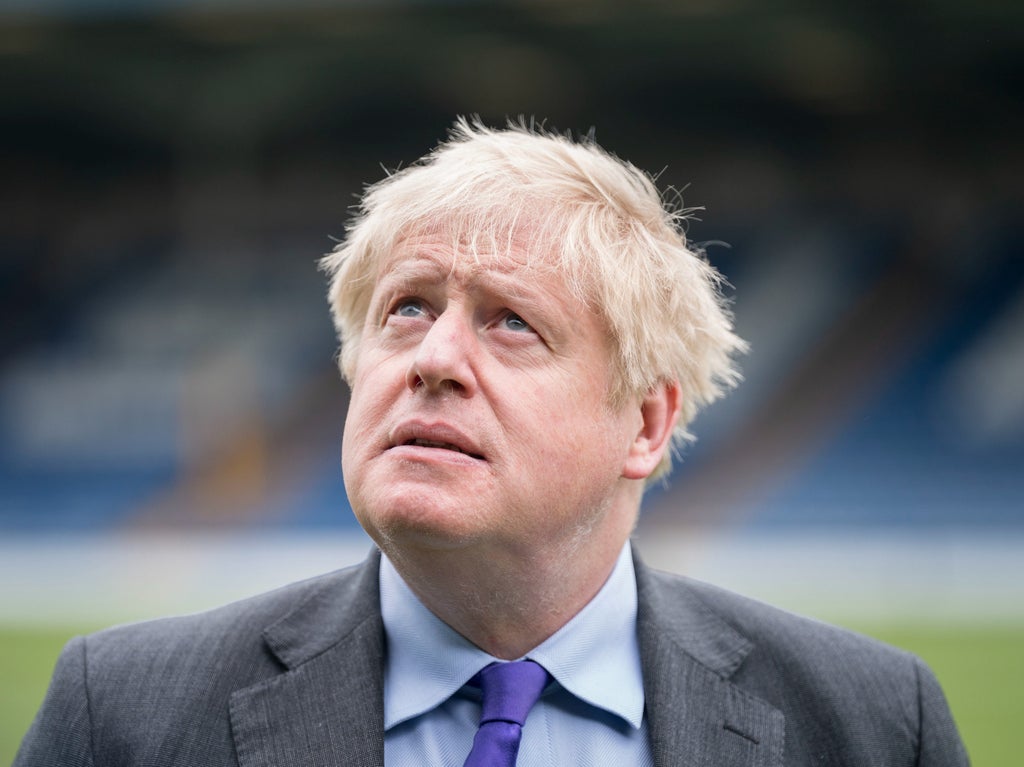
Conservative MPs have expressed concerns over plans to offer Northern Irish terrorists an effective amnesty from prosecution as long as they detail their crimes.
The proposals, designed to deal with Troubles-era atrocities, were unveiled in this week’s Queen’s Speech.
Ministers have long pledged to find a way to protect army veterans who served in Northern Ireland from facing court over allegations which can be more than four decades old.
However, previous plans came under fire following warnings they would legally have to apply to former terrorists as well.
In a bid to sidestep that problem ministers announced that it was clear that “a model where immunity is only provided to individuals who cooperate with” a new Independent Commission for Reconciliation and Information Recovery “provides the best route to give victims and their families the answers they have sought for years as well as giving our veterans the certainty they deserve”.
This would see members of proscribed organisations offered protection only if they reveal details of the atrocities of which they have knowledge.
Government sources said the proposals were part of a package which promotes reconciliation in Northern Ireland and would help society as a whole to move forwards.
Ministers believe the plan will offer justice to the loved ones of those affected by the violence in Northern Ireland, which lasted for more than three decades before the signing of the Good Friday Agreement in 1998, while also allowing the government to support members of the armed forces who were sent to help quell the violence.
But one former minister described the plans as “not very well thought out” and predicted “the Tory party will not wear it”.
Another Conservative MP said “the problem is that in the end it is a very hard sell”.
The test of whether or not someone has cooperated enough will be based on a similar threshold set by South Africa’s Truth and Reconciliation Commission, which was set up after the end of apartheid.
The Independent has been told that ministers are keen to see significant progress on the creation of a commission within the next year.
A number of Tory MPs said they were waiting to see the detail of the government’s proposals before making a judgement.
John Baron, the Tory MP for Basildon and Billericay, who served in Northern Ireland, said: “I think it is a good solution that if you cooperate then you will be in a much stronger position within the process.” He said that he was keen to see the proposed legislation, adding: “It depends on the crime, but it is a good guiding principle.”
Former defence minister Mark Francois, the vice-chairman of the House of Commons Veterans Support Group, said: “I welcome the fact that, after many years of asking, the government are now finally legislating to protect NI veterans from endless rounds of investigation and investigation. However, given the complexities of this whole issue, I am looking forward to reading the detail of the bill itself, to understand exactly how this new system is designed to work in practice.”
Government sources are confident any Tory MPs with reservations will support the move when they see the planned legislation.
Earlier this week DUP leader Sir Jeffrey Donaldson expressed concerns, saying he could not comment until he saw the details of the proposals “but we have very clear principles in terms of how we deal with the legacy of the past”.
“We must not allow a situation to develop where people are able to rewrite the narrative which suggests that the terrorists who committed terrible atrocities across the board are somehow either exonerated or can walk away,” he added.
However, ministers did win the support of former defence minister Johnny Mercer, who has accused the government of not doing enough to protect veterans sent to fight in Northern Ireland.
But Sandra Peake, from the Belfast-based Wave Trauma Centre, said the plans would “prioritise the wishes of perpetrators over victims and survivors”.
More than 3,500 people were killed during the Troubles, including more than 1,000 members of the security forces.







